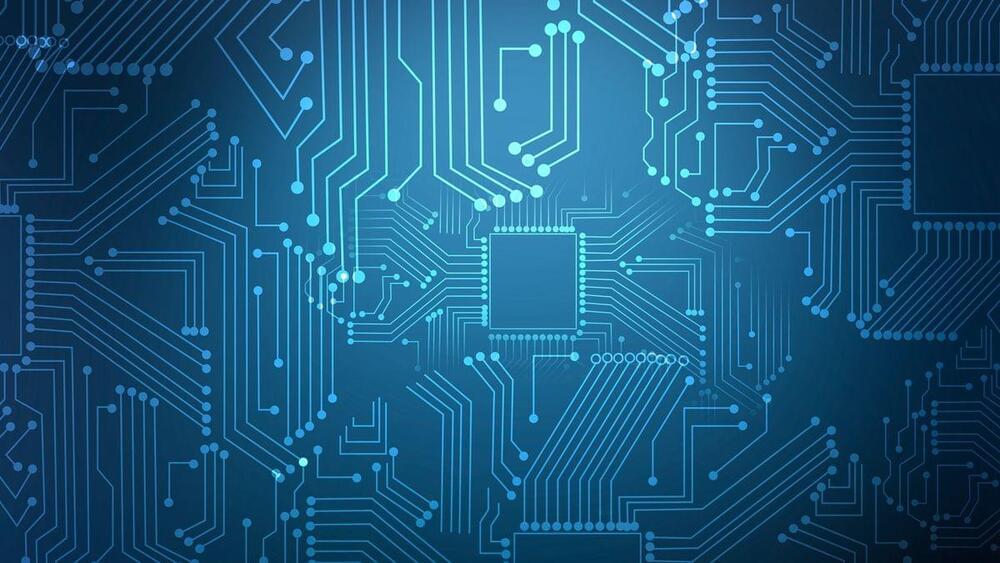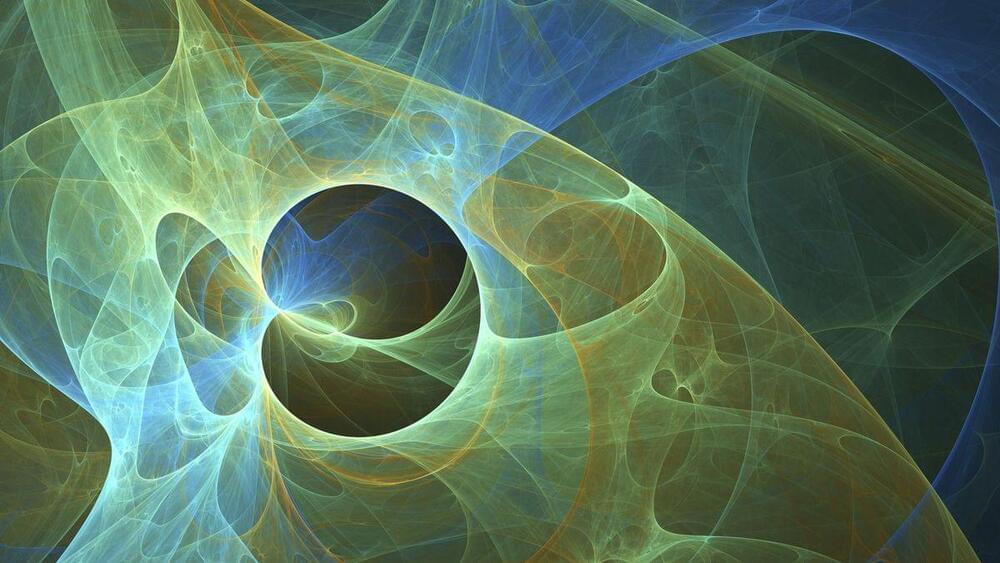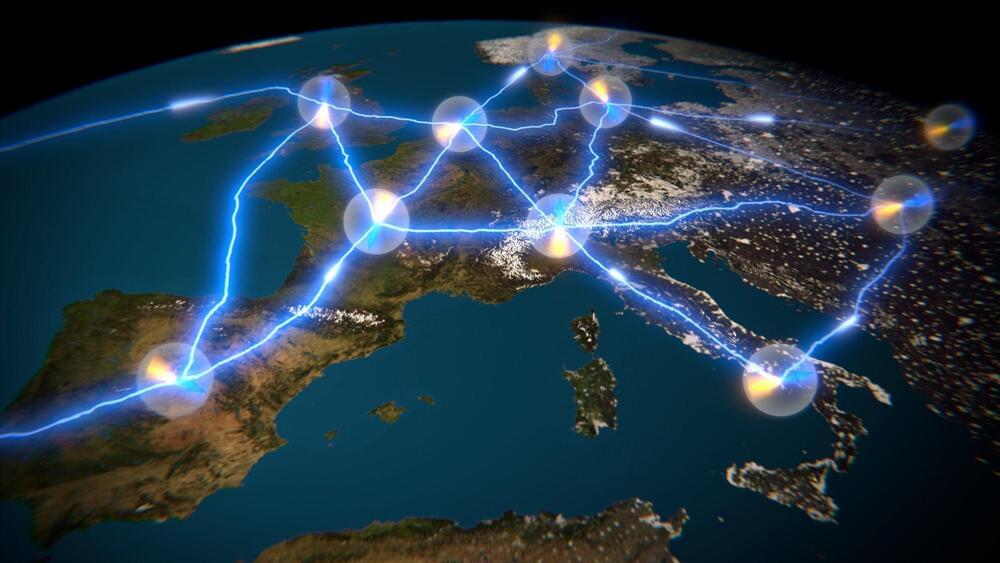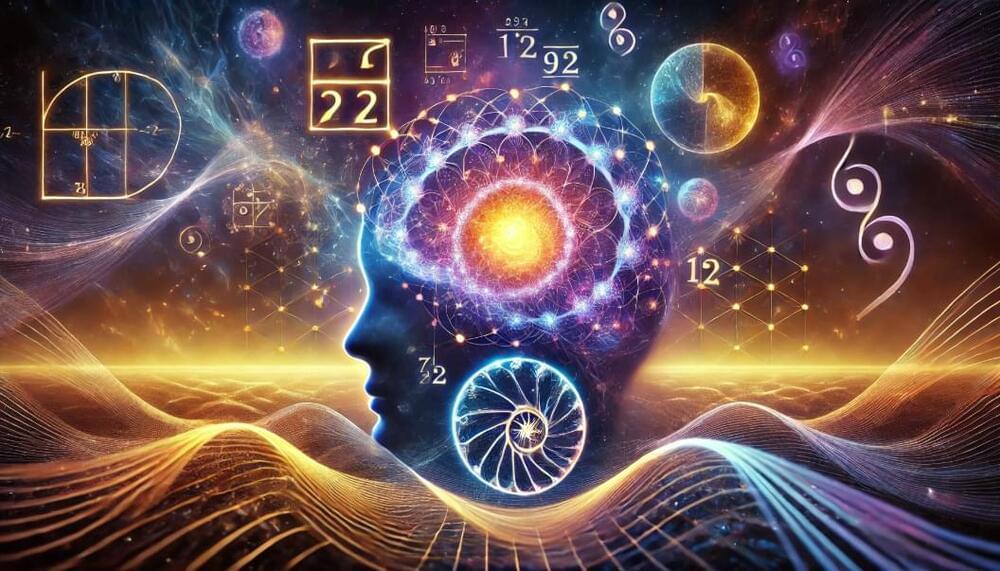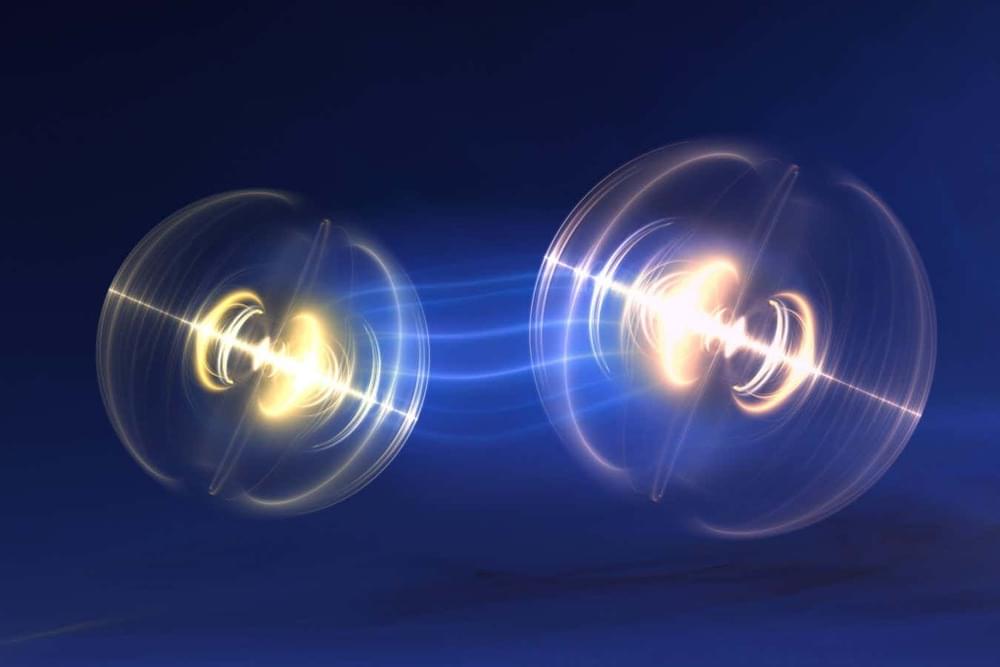https://quantumuniversity.com.
What makes our brains react the way they do?
Is there a reliable way to condition your brain for better experiences?
Learn about synaptic pruning, the process of synapse elimination that occurs in a developing brain following the “use it or lose it” principle. Researching this phenomenon in the matured human brain has led to a very exciting field of study: Neuroplasticity.
Access the power of Neuroplasticity, and change your brain to change your life!
⭐Learn more about Quantum University ⭐
🎓Degree Programs Offered — https://quantumuniversity.com/degree-programs/
💻Student Experience — https://quantumuniversity.com/student-experience/
💙Career Paths — https://quantumuniversity.com/career-paths/
❓ Request Information — https://quantumuniversity.com/request-information/
👍 Like Us on Facebook — https://www.facebook.com/QuantumUniversity.
#quantumuniversity #neuroscience #neuroplasticity #meditation #brainhealth
